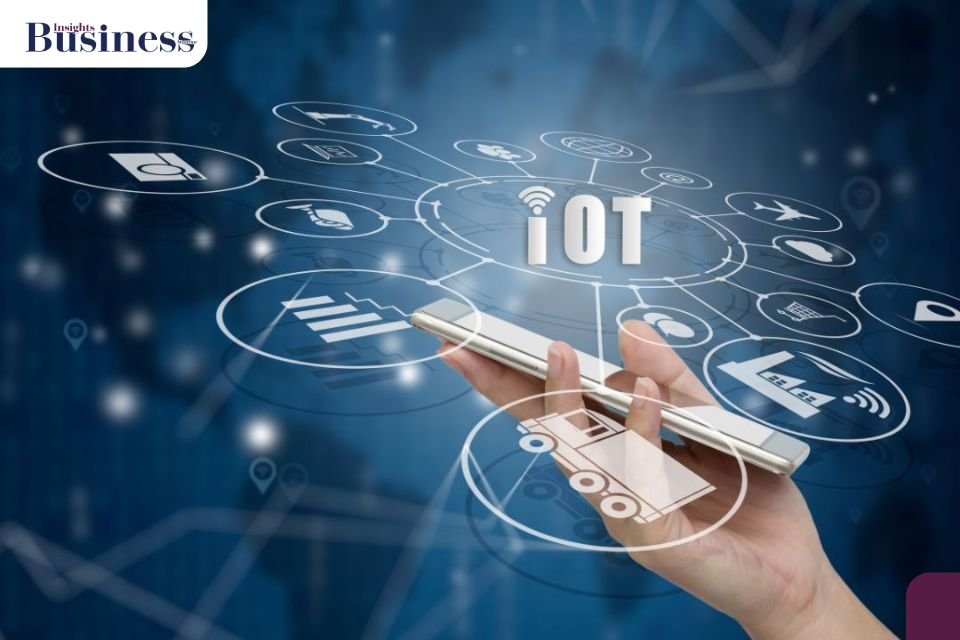In today’s rapidly evolving digital landscape, the Internet of Things (IoT) stands out as a transformative force, seamlessly connecting devices, data, and people like never before. From smart homes and connected cars to industrial automation and healthcare advancements, IoT is reshaping industries, optimizing operations, and creating unparalleled opportunities for businesses and consumers alike.
What is IoT?
At its core, IoT refers to a network of interconnected devices embedded with sensors, software, and other technologies that enable them to communicate and exchange data over the internet. This network bridges the physical and digital worlds, allowing devices to operate intelligently and collaboratively.
The Scope and Applications of IoT
The versatility of IoT is vast, with applications spanning across various industries:
- Smart Homes
IoT has revolutionized the way we live, offering smart thermostats, lighting systems, and security cameras that can be controlled remotely. These innovations enhance convenience, energy efficiency, and security. - Healthcare
Wearable devices, such as fitness trackers and remote health monitoring tools, enable real-time health data collection, empowering both patients and healthcare providers to make informed decisions. - Manufacturing and Industry 4.0
IoT underpins the concept of Industry 4.0, where smart factories leverage connected sensors and systems for predictive maintenance, operational efficiency, and reduced downtime. - Transportation and Logistics
IoT optimizes fleet management through GPS tracking and real-time monitoring, while smart cities use IoT to manage traffic flow, parking, and public transportation systems. - Agriculture
Smart farming employs IoT to monitor soil conditions, optimize irrigation, and improve crop yields, making agriculture more sustainable and efficient.
The Business Impact of IoT
For companies and SMEs, IoT represents a significant opportunity to innovate and gain a competitive edge.
- Enhanced Decision-Making: Real-time data from IoT devices enables businesses to make data-driven decisions.
- Cost Optimization: Predictive maintenance reduces equipment downtime and operational costs.
- Customer Engagement: Personalized services and products become achievable through data insights.
- New Revenue Streams: IoT opens up avenues for subscription-based services and innovative business models.
Challenges and Considerations
While IoT presents immense opportunities, it also poses challenges:
- Data Security and Privacy: The proliferation of connected devices increases vulnerabilities to cyberattacks. Businesses must prioritize robust security measures.
- Interoperability: Ensuring that devices from different manufacturers work seamlessly together remains a challenge.
- Scalability: As IoT networks grow, businesses must address scalability without compromising performance.
The Future of IoT
As technologies like 5G, artificial intelligence (AI), and edge computing evolve, IoT’s capabilities will expand exponentially. These advancements will pave the way for smarter cities, autonomous systems, and personalized user experiences.
Conclusion
For business leaders, companies, and SMEs, embracing IoT is no longer optional but essential to stay competitive in an interconnected world. By leveraging IoT, businesses can unlock unprecedented efficiencies, foster innovation, and deliver value to their customers in ways that were once unimaginable.

